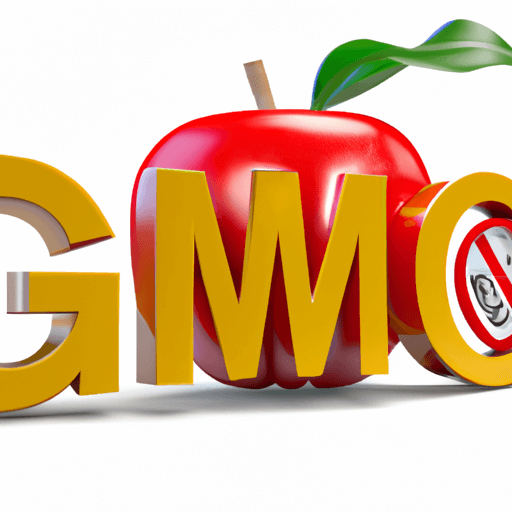Exploring the Benefits and Drawbacks of Genetically Modified Foods
Genetically modified foods, or GMOs, have been a hot topic of conversation for the past several years. The potential health, environmental, and social implications of this revolutionary technology have been hotly debated. In this article, we will explore the potential benefits and drawbacks of consuming genetically modified foods and analyze the potential implications of this revolutionary technology for the food industry. We will also discuss potential solutions to any perceived drawbacks of consuming GMOs.
Benefits of Genetically Modified Foods
Genetically modified foods have been developed to address some of the world’s most pressing food-related issues. For example, genetically modified crops are often designed to be resistant to pests, which can help reduce the amount of pesticides used in farming. Additionally, GMOs may also be designed to be more nutritious, containing more vitamins and minerals than their non-GMO counterparts. This can help improve nutrition in many parts of the world where access to fresh, nutrient-rich foods is limited. Finally, GMOs can help reduce food waste, as some genetically modified foods are designed to have a longer shelf life than non-GMO foods.
Drawbacks of Genetically Modified Foods
Despite the potential benefits of genetically modified foods, there are also some potential drawbacks. For example, some scientists have raised concerns about the long-term health effects of consuming GMOs. Additionally, there are also environmental concerns, as some GMOs may have unintended consequences for other species or ecosystems. Finally, there is the potential for social implications, as some people may view GMOs as being unnatural or unethical.
Implications for the Food Industry
The potential implications of genetically modified foods for the food industry are both positive and negative. On one hand, GMOs could lead to increased efficiency and reduced food waste. On the other hand, there is the potential for reduced consumer trust in the food industry if the public perceives GMOs as being unsafe or unethical.
Potential Solutions
There are several potential solutions to the perceived drawbacks of consuming genetically modified foods. For example, governments could establish regulations that require mandatory labeling of all GMO products. This would allow consumers to make informed decisions about what they are buying and consuming. Additionally, more research is needed to assess the long-term health impacts of consuming GMOs. Finally, governments should also take steps to ensure that any potential environmental impacts of GMOs are minimized.
Conclusion
Genetically modified foods have the potential to revolutionize the food industry and improve access to nutritious foods worldwide. However, there are potential drawbacks to consuming GMOs, including potential health, environmental, and social implications. To ensure that the potential benefits of GMOs are realized while minimizing any potential drawbacks, governments should establish regulations and conduct further research.



















Comments
Leave a Comment